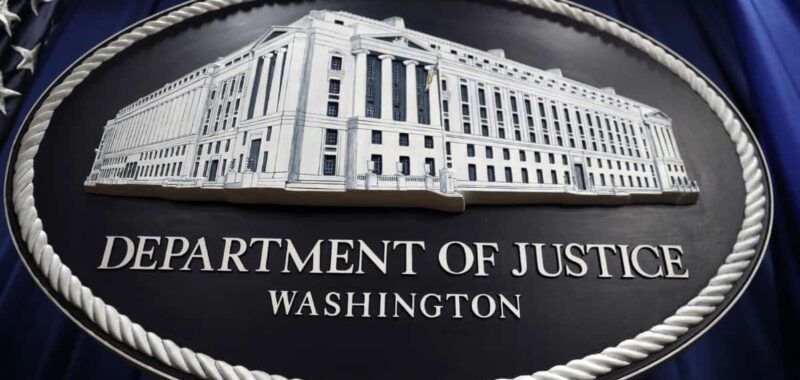Four people have sued the U.S. Department of Justice (DOJ), demanding that it direct more funds from a $4.3 billion settlement it won against Binance into the U.S. Victims of State Sponsored Terrorism Fund (USVSST).
The complainants argued in their lawsuit that the U.S. Victims of State Sponsored Terrorism Act, enacted in 2015, requires all criminal proceeds and two-thirds of civil proceeds from settlements like the Binance one to go to the victims’ fund.
Legal Battle Against the DOJ
According to the four, the DOJ has so far deposited just under $900 million into the fund, with the agency allegedly planning to divert at least $1.5 billion to a separate reserve for crime victims.
In their opinion, this action violates the law and has forced them to seek a court order to ensure all qualifying proceeds end up where they are supposed to.
In the last nine years, the USVSST fund has disbursed more than $6 billion to people directly harmed by state-sponsored terror attacks or their surviving representatives.
While the DOJ and Special Master administer the fund, the suit by the four named a wide array of high-profile defendants. They include the Commodity Futures Trading Commission (CFTC) as well as U.S. Attorney General Merrick Garland.
Several Treasury Department agencies have also been mentioned, including the Financial Crimes Enforcement Network (FinCEN) and the Office of Foreign Assets Control (OFAC).
Binance’s Role and Violations
The money in question comes from a November 2023 settlement between Binance and several federal agencies after the former pled guilty to a string of charges, including breaching U.S. sanctions and failing to implement anti-money laundering controls.
Furthermore, the then-CEO of the crypto exchange, Changpeng Zhao, popularly known as CZ, admitted to accusations of violating the Bank Secrecy Act (BSA). He was forced to resign from his position and pay a $50 million fine.
In addition, a federal court in Seattle, Washington, sentenced him to four months in prison, which he largely served at the Federal Correctional Institution in Lompoc, California. He is reportedly due to be set free on September 27 since his actual release date, September 29, falls on the weekend.
The charges against Binance and CZ stemmed from investigations by the Justice Department’s national security and crimes division, which found that the crypto exchange had allowed Russian nationals to use its services. This was in contravention of sanctions the United States had placed on the European country due to its ongoing conflict with Ukraine.

